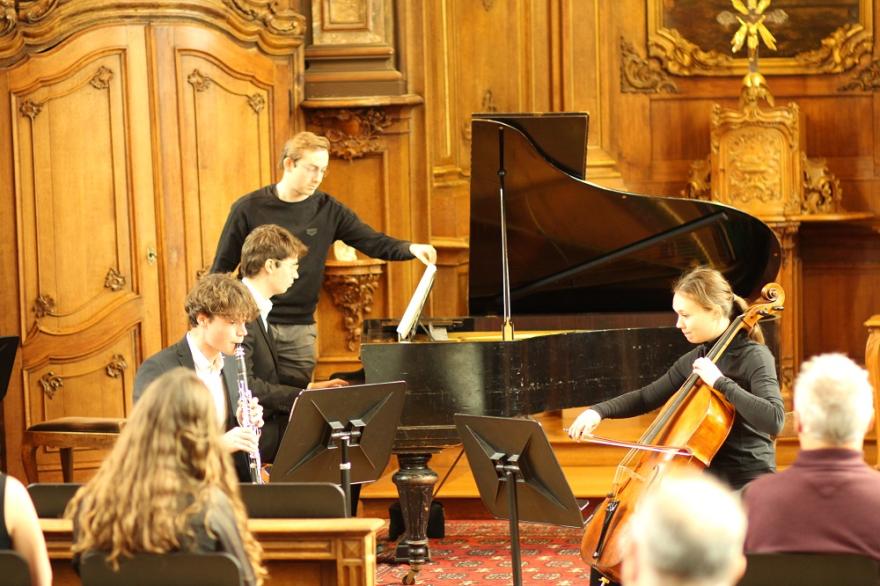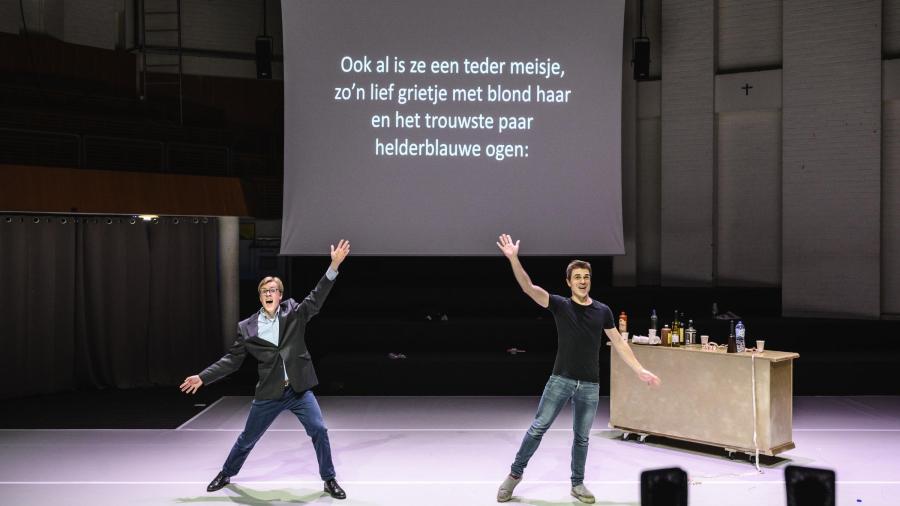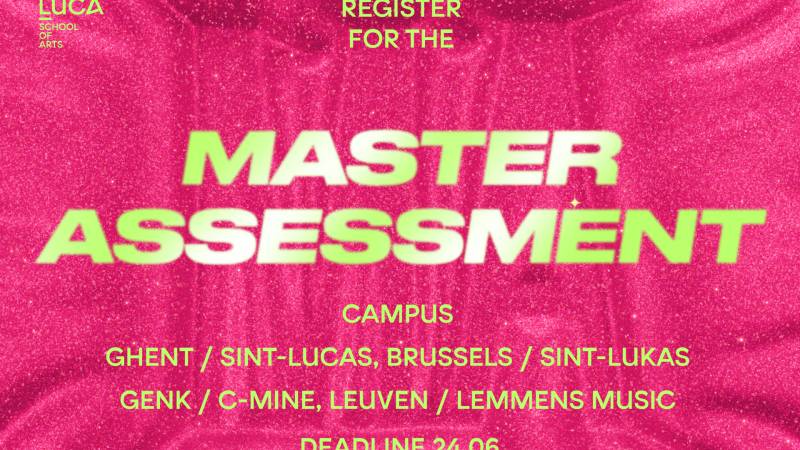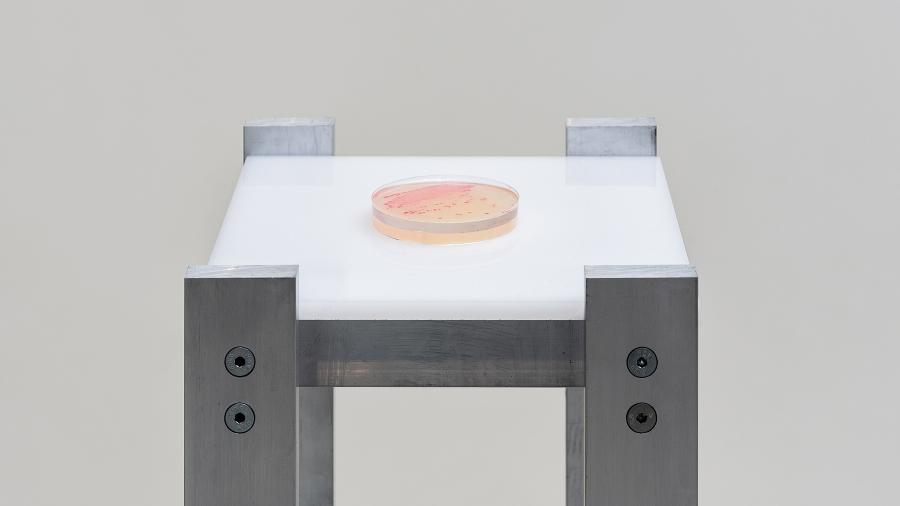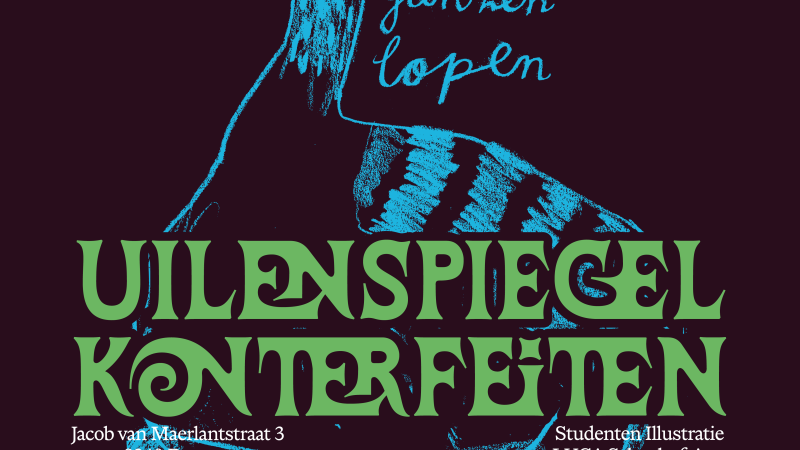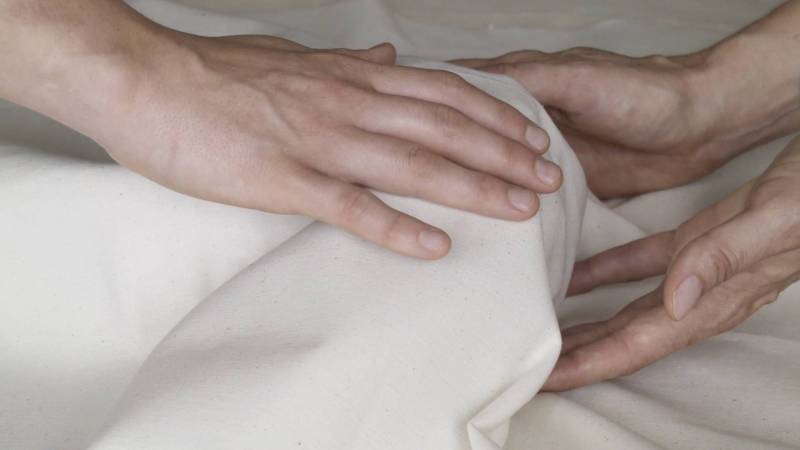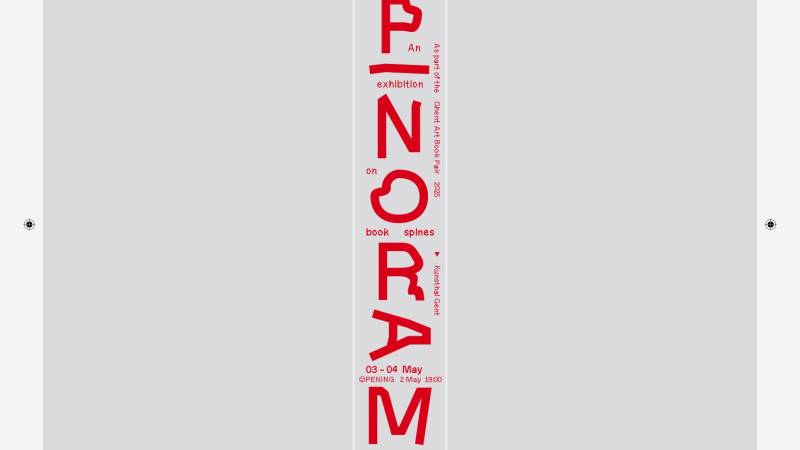At LUCA School of Arts, students are mentored by experienced musicians of international level. Through masterclasses with renowned soloists and ensembles, students gain valuable insights and inspiration.
The school maintains strong connections with the professional music world, offering students opportunities to build networks that can support their future careers. Chamber music concerts, both on campus and at external venues, provide students with essential stage experience. Master students in chamber music can also take individual instrumental lessons, allowing them to further refine their skills on their instrument.
Our international campus fosters a vibrant and inclusive environment, bringing together students from around the globe. With outstanding facilities and an emphasis on instrumental practice, LUCA School of Arts is an ideal place for students to grow both musically and creatively.
We hold three admission tests each year, in March, July, and September. For specific dates, click here. Admission test programme: performance of chamber music repertoire (minimum 20 minutes) (full details can be found here). International candidates can submit a video (in one take) of their performance.
Register here for the admission test Master
Professors
Our team of professors includes principal musicians from the leading orchestras in Belgium and the Netherlands, as well as esteemed chamber musicians and renowned soloists.
Professors:
Coördinator Chamber Music: Anne Op de Beeck, piano
Geert De Bièvre, cello
Pieterjan Van Kerckhoven, folk
Joao Carlos Victor, guitar
Griet Cornelis, hobo
Roeland Hendrikx, clarinet
Ludwig Albert, marimba
Pieter Mellaerts, percussion
Christel Kessels, piano
Cédric Delvaux, sax
Benny Wiame, trumpet
Lei Wang, violin
Thomas Blondelle, voice
What Does the Programme Look Like?
| Chamber music | 24 credits |
| Internship workfield | 6 credits |
| Research | 6 credits |
| Professional Toolkit | 6 credits |
| Elective component (Instrument/Workshops/Minors) | 12 credits |
Master 2
| Chamber music and artistic research | 30 credits |
| Internship workfield | 6 credits |
| Ensemble | 6 credits |
| Professional Toolkit | 6 credits |
| Elective component (Instrument/Workshops/Minors) | 18 credits |
For the detailed curriculum and course components, click the link below.

